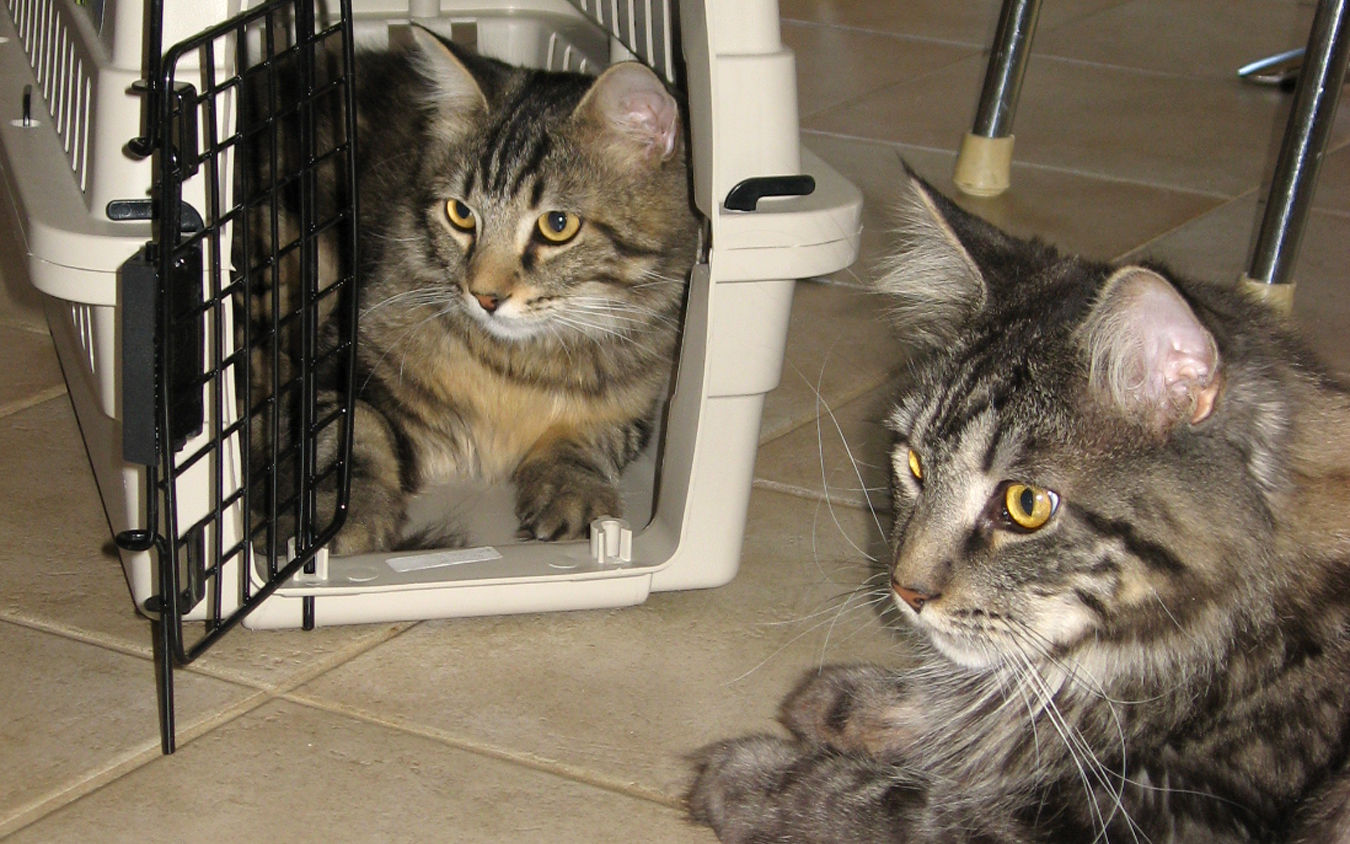- Joined
- Jun 8, 2008
- Messages
- 56,762
@Jambalaya just posted that she surprised herself and ran out without taking anything because of course time is critical in a fire. What would you do?
Would you try to take your most valuable jewelry/papers/photos?
Would you look for your furry babies before running out?
Or would you just run out as is as fast as you can?
Would you try to take your most valuable jewelry/papers/photos?
Would you look for your furry babies before running out?
Or would you just run out as is as fast as you can?









300x240.png)